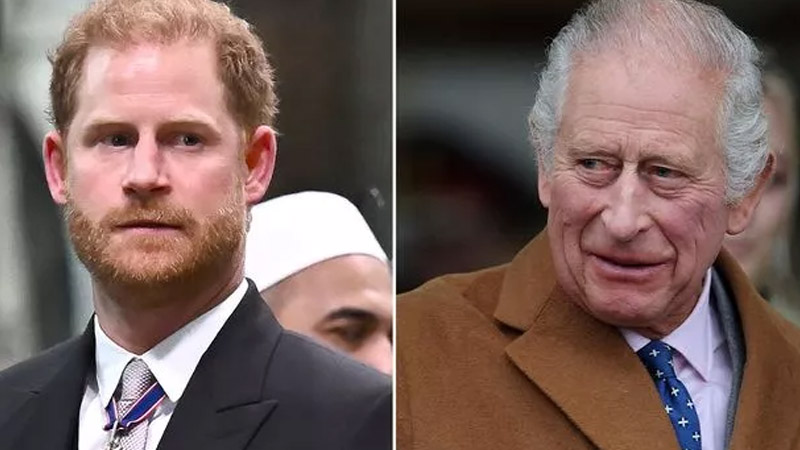‘The Senate Gave the Back of Their Hand to Donald Trump’: A Secret Vote and Growing GOP Resistance

PHOTOGRAPHER: YURI GRIPAS/GETTY IMAGES
As President-elect Donald Trump prepares to assume office, signs of a rift between him and Republican lawmakers are emerging. According to former Sen. Claire McCaskill (D-MO), Trump’s post-election honeymoon with the GOP hit a significant bump this week, when Senate Republicans chose to replace outgoing Majority Leader Mitch McConnell (R-KY) with Sen. John Thune (R-SD) — a move that defied Trump’s preference for MAGA stalwart Sen. Rick Scott (R-FL).
This decision, McCaskill said on MSNBC’s Morning Joe, could signal that GOP senators aren’t willing to simply fall in line with Trump’s every wish. During her appearance on Morning Joe, McCaskill elaborated on the symbolic weight of this decision. “Yesterday morning, the United States Senate gave the back of their hand to Donald Trump,” she stated.
“Everybody in the Senate knew that Donald Trump did not want John Thune as leader. Now, why were they able to do that? Because it was a secret ballot, but nonetheless, they did it.” The choice of Thune, a sometimes-critic of Trump, over the MAGA-aligned Scott underscored a willingness within the Senate to exercise independence, especially when Trump isn’t watching.
Soon after the leadership vote, Trump reportedly announced controversial appointments of Rep. Matt Gaetz (R-FL) and former Rep. Tulsi Gabbard (D-HI) to key cabinet positions. McCaskill hinted that these nominations are likely to face pushback, as some senators may be unwilling to confirm the President-elect’s unconventional choices.
“I made a list last night of 11 names of senators that I think are most likely to say no to both of these appointments, particularly Gaetz,” she revealed. Among those McCaskill identified as potential dissenters were figures like Sen. Chuck Grassley (R-IA), who, now 90 years old and freshly re-elected, won’t be constrained by concerns of political fallout.

She also named seasoned senators like Mitch McConnell, who is unlikely to run again, and moderates like Susan Collins (R-ME) and Lisa Murkowski (R-AK), both known for their willingness to buck party expectations. “You only need three,” McCaskill pointed out, underscoring that a small number of GOP defectors could derail these nominations.
McCaskill believes Trump’s cabinet appointments are his way of testing the Senate’s resolve, possibly even pushing the boundaries of constitutional protocol. She suggested that the President-elect’s actions amount to sending the Senate a bold message: “I expect the Senate to ignore the part of the Constitution which says you must give advice and consent.”
For McCaskill, the alternative message is equally striking — Trump seems to be saying, “You’ve got to show me that you have no power… because what you do does not matter.” As McCaskill sees it, neither of these challenges is likely to sit well with the Senate. Trump’s latest moves come across as a power play, attempting to set the tone for his administration and show that he intends to sideline those who oppose him.
Yet the secret ballot decision for Senate leadership, along with the existing tension over cabinet confirmations, suggests that Trump may have underestimated the independence — and influence — of some Republican senators. While Trump’s unconventional leadership style has gained him loyal supporters, it’s becoming evident that a portion of the Senate is prepared to push back when they feel it’s necessary.
For Trump, these signals from the Senate mark an early test of his administration’s limits. And as McCaskill’s comments make clear, the President-elect may find that the road ahead will be rockier than anticipated if he insists on challenging the very institution tasked with advising and consenting to his decisions.


